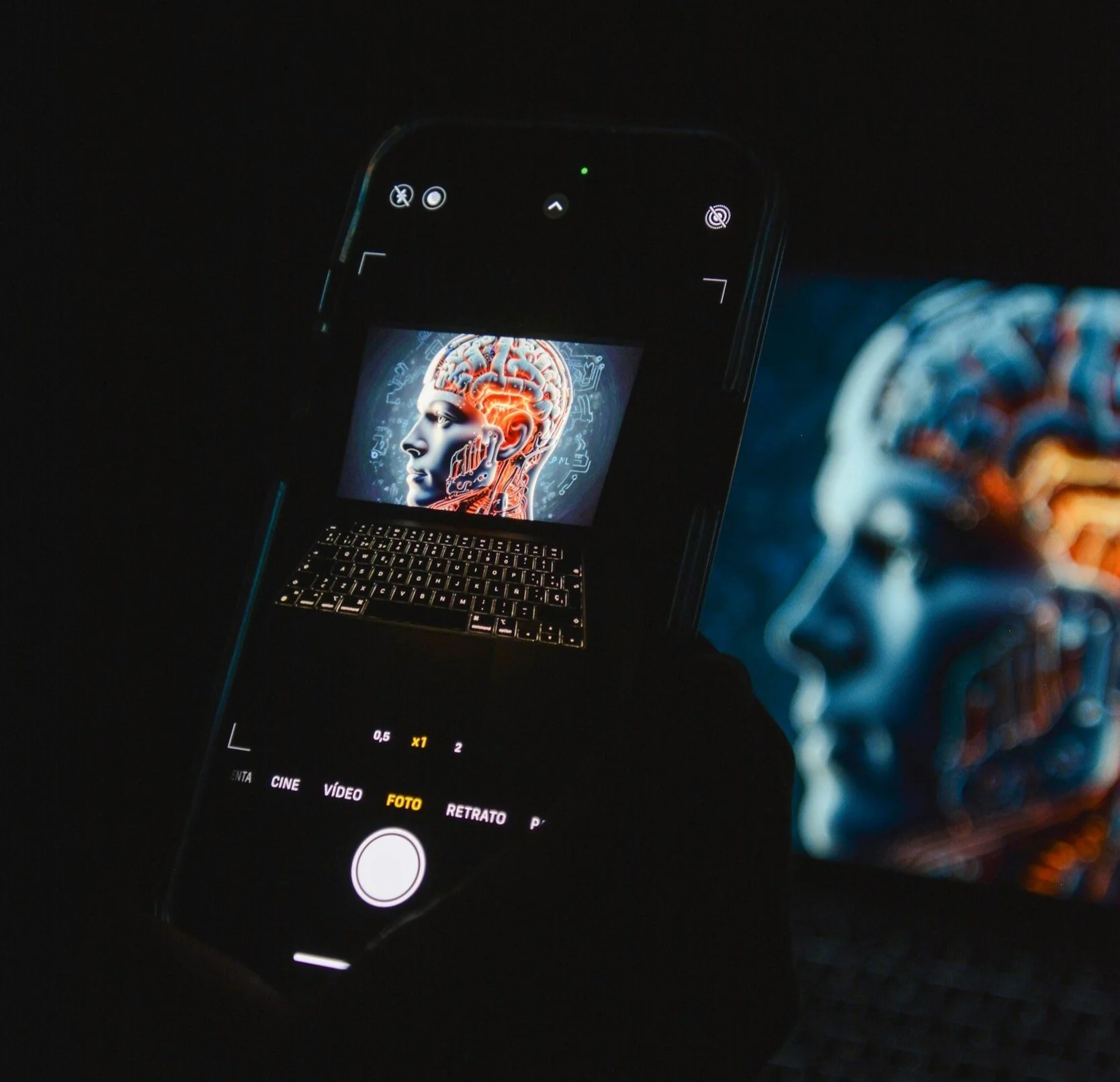AI Challenges Shake Global Digital ID Systems: Study Highlights Privacy and Trust Risks

Image Credit: Onur Binay | Splash
National digital identity systems, critical for accessing services, are grappling with privacy, security, and trust issues as artificial intelligence advances, a new study reveals. Examining systems in seven countries—India, Estonia, Singapore, Brazil, Nigeria, Japan, and Pakistan—the research highlights how generative and agentic AI amplify fraud risks, necessitating innovative solutions to maintain public trust.
How Digital IDs Transform Access
Digital identity systems streamline access to government and private services, such as healthcare, banking, and voting. India’s Aadhaar, launched in 2009, covers 96% of the population with 1.38 billion IDs issued by July 2024, processing over 1 billion financial transactions using AI-powered face authentication. Estonia’s mandatory e-ID, introduced in 2002, serves 99% of residents, leveraging a decentralized X-Road system for secure data exchange. Singapore’s Singpass, with 4.2 million users, facilitates 300 million annual transactions across 1,700 services. Adoption is driven by the need to access essential services, often making these IDs indispensable despite privacy concerns.
AI Threats to Identity Security
Generative AI, creating realistic voice, image, and text, and agentic AI, performing autonomous tasks, pose significant risks. Deepfake technology can bypass biometric authentication, threatening banking and voter verification. A 2024 report from Sumsub noted a 150% year-on-year increase in identity fraud in Europe, driven by AI-generated synthetic identities. Privacy-protecting “personhood credentials” (PHCs) are proposed to verify human identity without exposing personal data, offering a counter to AI-driven fraud. Their success depends on public acceptance and system integration.
Privacy Risks in the AI Era
AI’s ability to exploit centralized data heightens privacy concerns. India’s Aadhaar faced a 2023 breach leaking data of 815 million citizens. Singapore’s Singpass accounts have appeared on the dark web, with elderly users vulnerable to AI-enhanced phishing scams. Nigeria’s National Identification Number, covering 118.4 million people by March 2025, struggles with centralized storage and faded fingerprints, a common biometric issue, preventing elderly users from accessing services like SIM activation. Pakistan’s PakID embeds sensitive details like marital status, accessible to third parties like banks, raising privacy concerns. Japan’s My Number ID, with 77% adoption, faces distrust due to 7,400 data-linking errors reported by 2023.
Building Trust in AI-Driven Systems
Transparency is vital for trust. Estonia’s Data Tracker lets citizens monitor data access, setting a benchmark. India’s Aadhaar faces criticism for proposed mandatory voting use, raising anonymity concerns. Singapore’s Singpass enhances AI-driven facial recognition to improve security for vulnerable users. Brazil’s three-tier system risks excluding those wary of sharing biometric data. The EU’s Digital Identity Wallet, set for 2025 testing, prioritizes user control but faces scrutiny over potential surveillance. AI-driven authentication must balance security with user agency.
AI and the Future of Identity
As AI evolves, digital identity systems must adapt. Research is needed on PHC acceptance and trusted issuers. Privacy-preserving technologies, like zero-knowledge proofs in Google Wallet’s 2025 update, could enhance security. The EU’s AI Act, effective August 2025, will mandate transparency for AI-generated content, such as deepfake labeling, shaping global standards. Challenges include system interoperability and user education to foster adoption.
Navigating AI’s Identity Challenge
Digital identity systems promote inclusion, as seen in Nigeria’s NIN supporting financial access via its General Multipurpose Card. Yet, AI-driven threats like deepfakes demand robust defenses. Estonia’s transparent model shows how trust can be built, while centralized systems like Aadhaar highlight breach risks. Partnerships, such as TELUS Digital and Sumsub, leverage AI for advanced verification. Policymakers must prioritize transparency, inclusivity, and regulatory alignment to counter AI threats while serving the public.
We are your source for AI news and insights. Join us as we explore the future of AI and its impact on humanity, offering thoughtful analysis and fostering community dialogue.


































































































































































































































